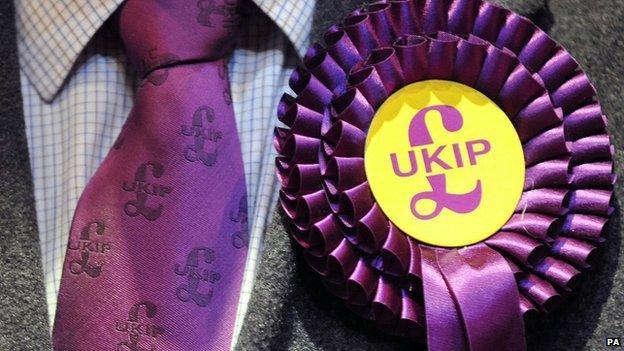Welsh election: Fight for second place, poll suggests
- Published
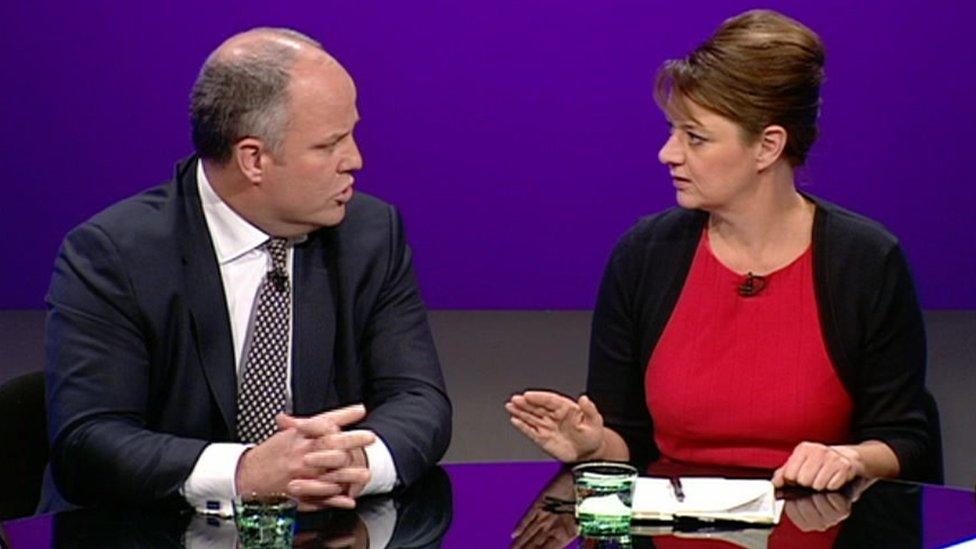
Will Tory Andrew RT Davies or Plaid's Leanne Wood lead the second largest party on 6 May?
A close battle for second place behind Labour at May's assembly election is shaping up, the first opinion poll of the campaign has suggested.
The latest monthly YouGov poll for ITV Wales puts Plaid Cymru ahead of the Conservatives on constituency votes with UKIP gaining ground on both.
Prof Roger Scully of Cardiff University projected Labour falling short of a majority on 28 seats based on the poll.
He projected 12 seats for Plaid Cymru, Tories 10, UKIP eight and Lib Dems two.
On constituency votes the data, compiled for the Welsh Election Study in April, put Labour on 35% (up 1% since February and March), Plaid Cymru 21% (no change since March, up two since February), Conservatives 19% (down three since February and March), UKIP 17% (up two since March, down one since February), the Liberal Democrats 6% (no change since March, up one since February) and others 3% (no change since March, up one since February).
For the regional lists, where 20 of the 60 AMs are elected using a form of proportional representation, the research has Labour on 31% (no change since February or March), Conservatives 20% (down two since February and March), Plaid Cymru 20% (down two since March, up one since February), UKIP 16% (up two since March, down four since February), the Liberal Democrats 5% (no change since March, up one since February), Greens 4% (no change since March, up one since February) and others 3% (no change since February or March).
"We see a very modest apparent strengthening of support for Labour and slightly more for UKIP, since our last poll," said Prof Scully.
"But the largest change is clearly the slide in Conservative support - and one, moreover, which builds on a further modest fall in our February barometer poll from the 23% support the party enjoyed in December."
Prof Scully said support for Labour was "far short" of where it was at the same point before the 2011 election, but added that the party still had a "big advantage" in the "divided nature of the opposition".
The findings were based on a survey of 1,011 people conducted from 7-11 April 2016
- Published22 March 2016
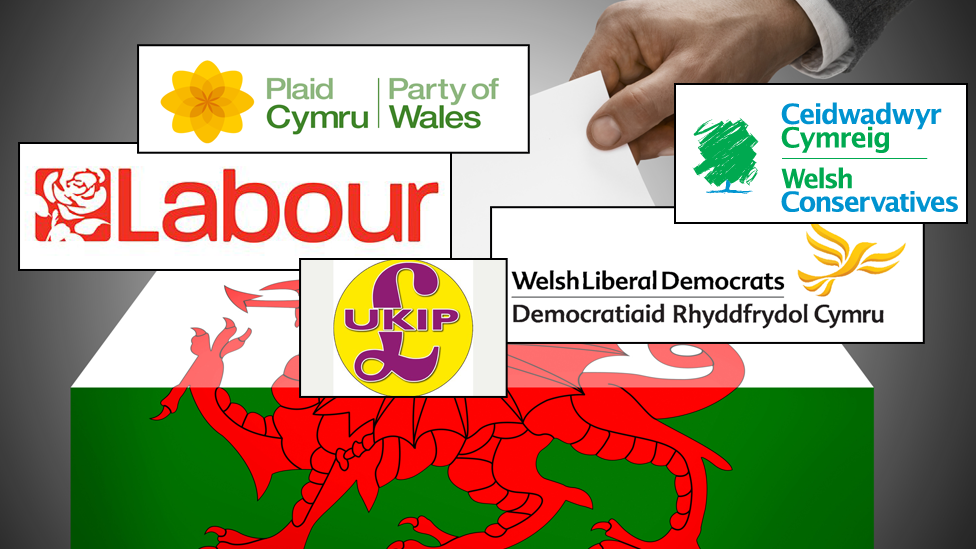
- Published1 March 2016
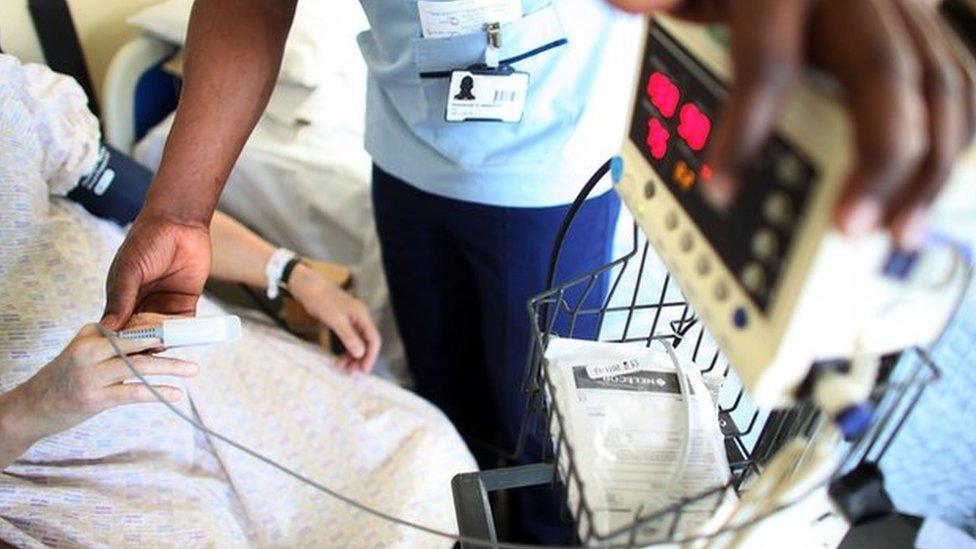
- Published15 February 2016
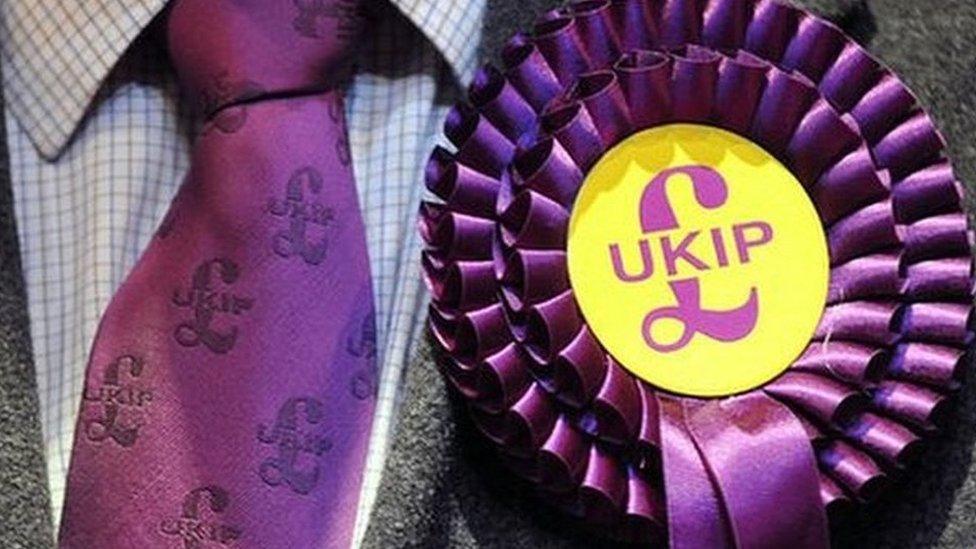
- Published8 December 2015
